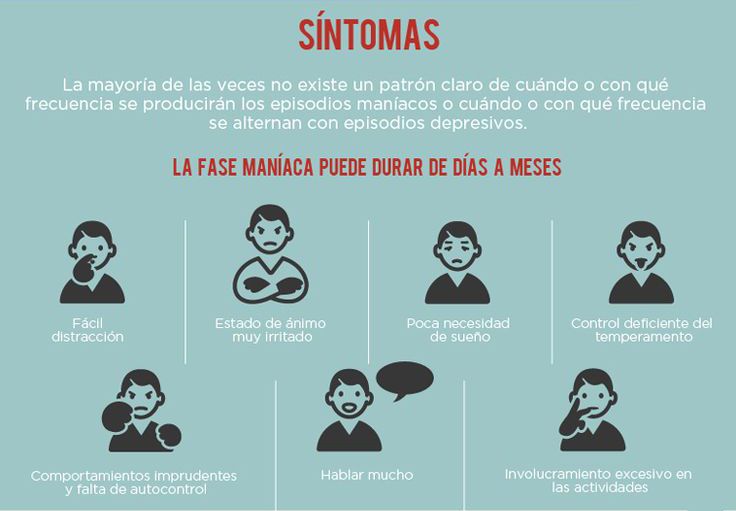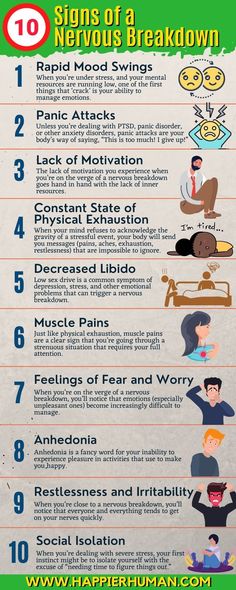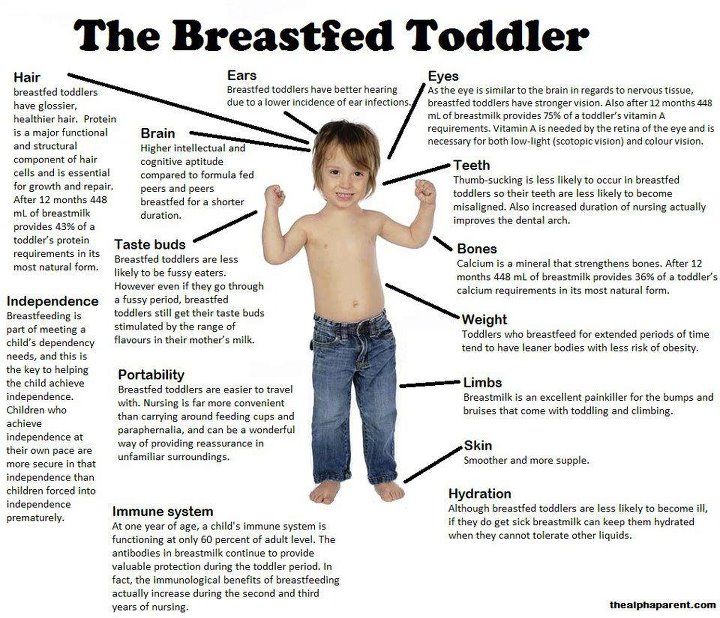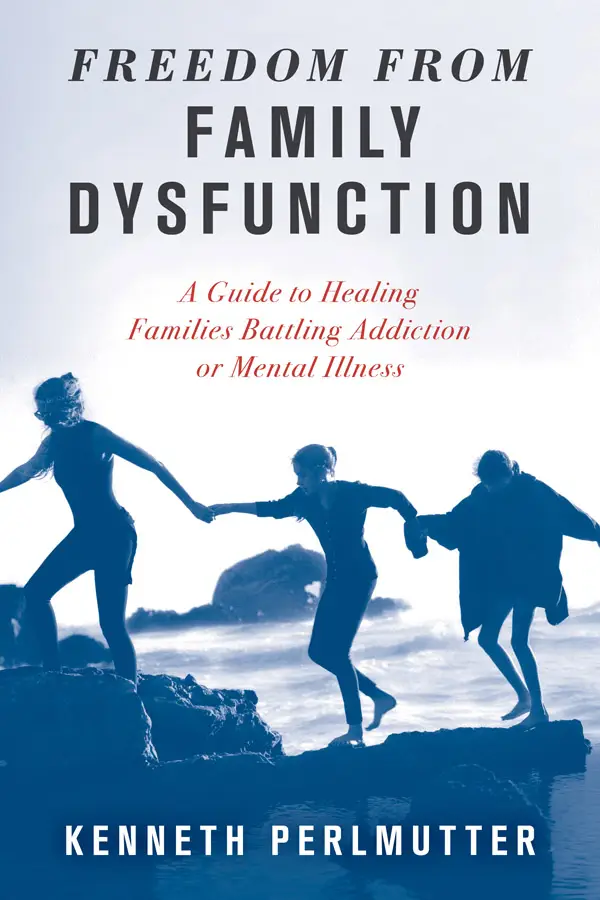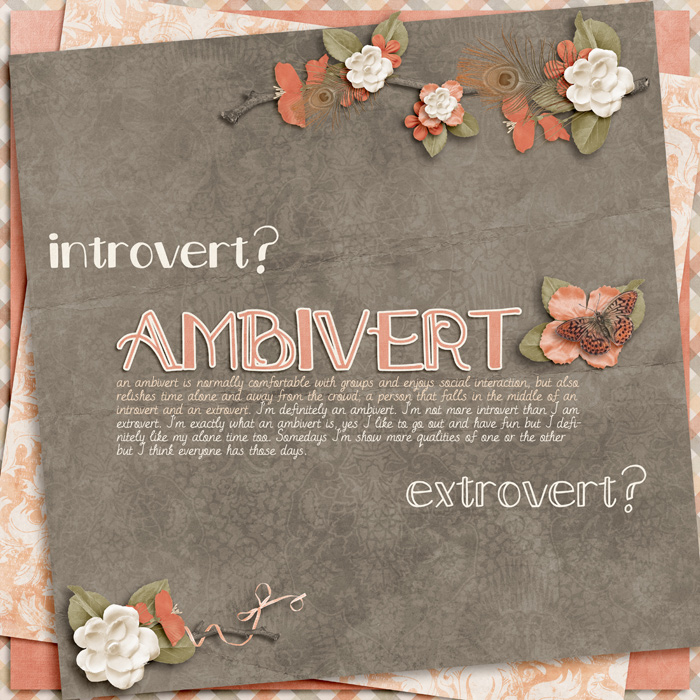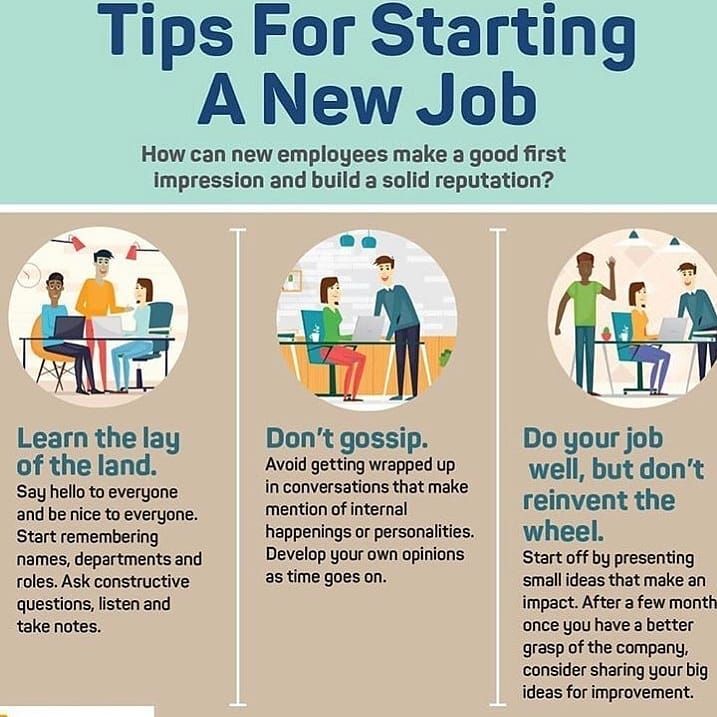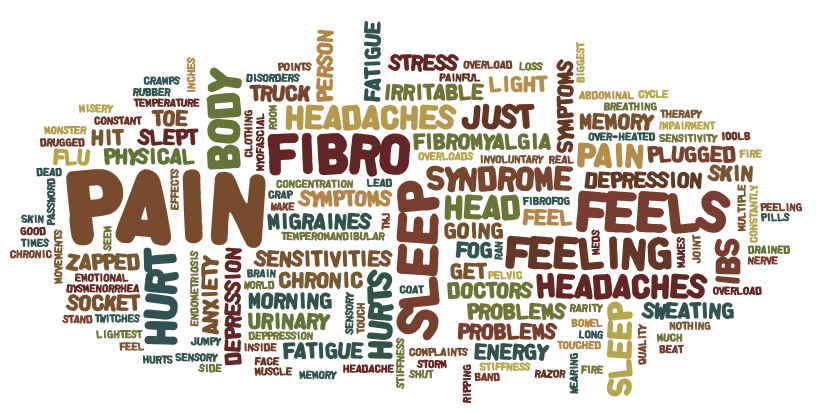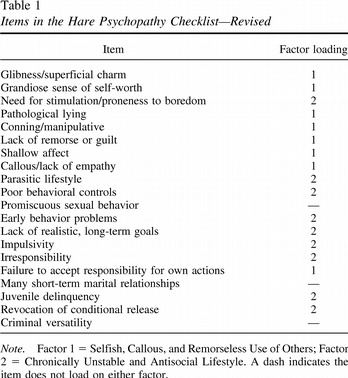Bipolar dating tips
How to Manage Romantic Relationships
Romance and bipolar disorder
The shifts in mood associated with bipolar disorder can cause extreme changes in behavior. During manic episodes, a person with bipolar disorder can have an unusual amount of energy and may not be able to sleep. When experiencing depressive episodes, a person with bipolar disorder can seem tired and sad. They may not want to go out or do things.
These major shifts in mood can make communicating and socializing difficult. While the symptoms of bipolar disorder can be managed with medication and psychotherapy, they can still take a toll on relationships, perhaps especially romantic ones.
Read on to learn ways to manage a romantic relationship, whether you or your partner have bipolar disorder.
If you have bipolar disorder, you may already be familiar with the impact your condition can have on a romantic relationship. You may feel nervous about starting a new relationship and finding the “right” time to tell your partner you have bipolar disorder.
These concerns are understandable, but it’s important to keep in mind that you can have a healthy romantic relationship. For the best chance of success in a new relationship, be sure to communicate openly and follow your treatment plan.
What you can do
- Tell your partner about your disorder. Do this before you make a long-term commitment to that person. Describe what they can expect when you’re experiencing a mood shift. It’s also helpful to tell them what you usually do to manage your moods. This way, your partner won’t be surprised when you experience a mood episode. They may even be able to help you get through it.
- Stick with your treatment plan. Perhaps the best way to reduce relationship stress is to follow your treatment plan. This can help minimize your symptoms and reduce the severity of your shifts in mood. Discuss your treatment plan with your partner so they can help you keep on track.
- Keep an open line of communication.
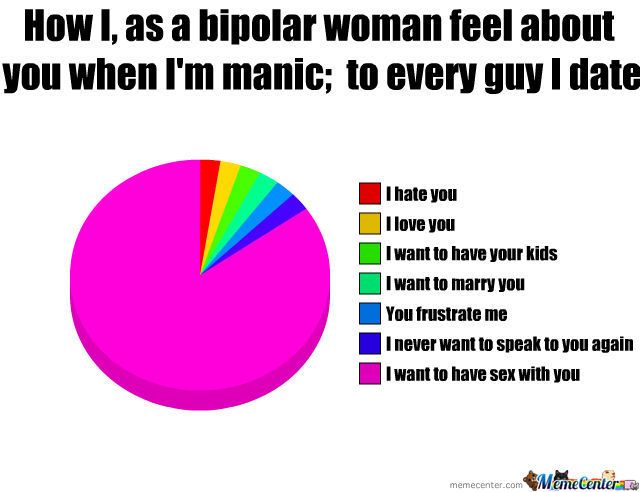 Tell your partner when you feel a mood shift occurring so they’re not alarmed by a sudden change in your demeanor. Also, be open to them when they tell you that they notice that your mood is “different.” Many times, others can see changes in our mood when we cannot.
Tell your partner when you feel a mood shift occurring so they’re not alarmed by a sudden change in your demeanor. Also, be open to them when they tell you that they notice that your mood is “different.” Many times, others can see changes in our mood when we cannot. - Be honest. If you’re having a severe episode and struggling with your symptoms, don’t hesitate to notify your partner and ask for help when you need it. For example, if you’re experiencing a depressive episode and don’t feel like leaving the house, explain this to your partner instead of making an excuse to stay home.
Dating someone with bipolar disorder can be challenging, because you can’t control when your partner experiences a mood shift. To help your relationship succeed, focus on communication, support your partner’s treatment plan, and don’t forget to take care of yourself.
What you can do
- Educate yourself. This is the first thing you should do when you start a relationship with someone who has bipolar disorder.
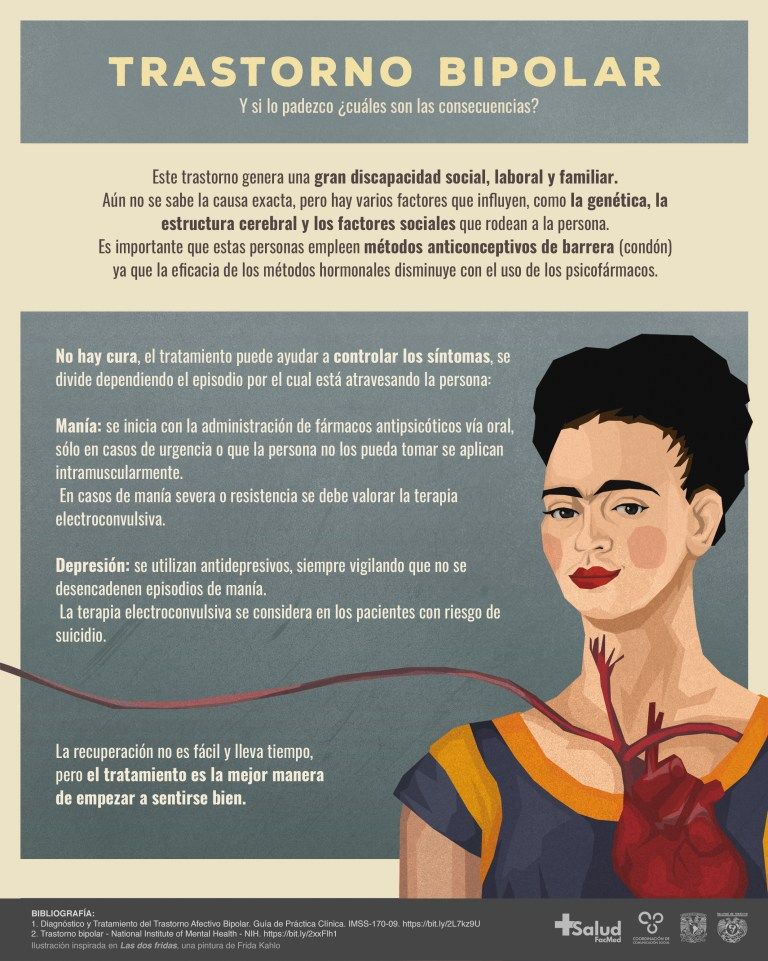 Read about the condition so you understand what your partner is dealing with — and what you’ll be dealing with.
Read about the condition so you understand what your partner is dealing with — and what you’ll be dealing with. - Ask about their experience. Ask your partner how they act during shifts in mood and what they do to manage their moods. It’s also beneficial to ask them what you can do, if anything, to help them during these episodes.
- Try to be patient. It can be frustrating if your partner’s mood shifts interfere with your dating plans. When times get tough, take a deep breath and remember it’s the condition — not your partner — that’s causing your frustration. Take a break if you need one, whether that’s taking a walk around the block or spending a weekend away from your partner.
- Be open. It’s important to communicate openly with your partner. Tell them how you feel, but never blame them for their disorder.
- Support their care. Your partner’s best chance for managing their condition lies in following their treatment plan.
 You can show your support for them by helping them stick with the treatment plan created by their doctor.
You can show your support for them by helping them stick with the treatment plan created by their doctor. - Get support when you need it. Sometimes, you may need some help coping with your partner’s condition and the effect it’s having on your relationship. Make sure you have your own support system of friends, loved ones, and counselors who can provide advice and encouragement when you need it.
While taking these steps can benefit your relationship, bipolar disorder may still occasionally cause strain in a relationship — even if both of you know what to expect. That’s not unusual. But keep in mind that whether you have bipolar disorder or are dating someone with the condition, it’s possible to establish and maintain a healthy and fulfilling relationship.
Keys to success include maintaining an open line of communication, making sure the person with bipolar disorder follows their treatment plan, and getting support when you need it.
5 Secrets to Dating When You Have Bipolar Disorder
For people with bipolar disorder, piloting the unpredictable waters of dating can mean much more anxiety than normal.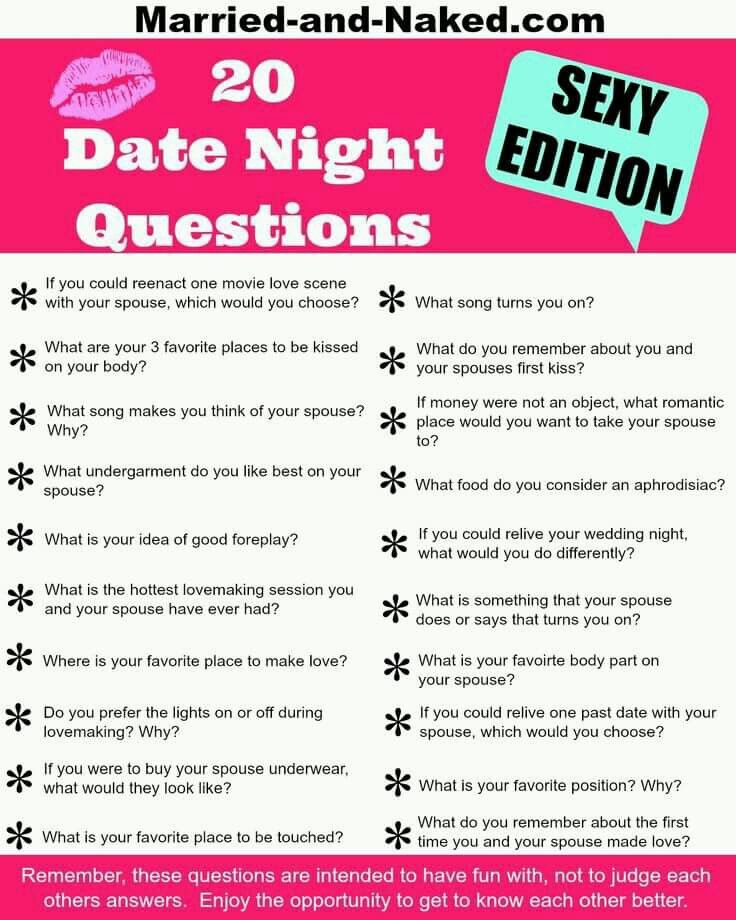 Here, five adults with bipolar disorder talk about their dating experiences, and how they navigate both the dating scene and the crucial question of when to disclose their mental health issues. Melanie Greenberg, PhD, a clinical psychologist in Mill Valley, California, and author of the Mindful Self-Express column on Psychology Today, also weighs in.
Here, five adults with bipolar disorder talk about their dating experiences, and how they navigate both the dating scene and the crucial question of when to disclose their mental health issues. Melanie Greenberg, PhD, a clinical psychologist in Mill Valley, California, and author of the Mindful Self-Express column on Psychology Today, also weighs in.
“I’d just remind myself to cool it — it’s just a date,” says freelance writer Laura Dattaro, 28, of New York City. Dattaro was diagnosed with bipolar II disorder right after her 23rd birthday. “It can be easy to get carried away, especially if your mood is on the upswing.” That excitement and good feeling may make the new person seem like your soul mate or new best friend, she says, and when that doesn’t pan out it’s a big bummer.
Dr. Greenberg agrees, noting that in someone with bipolar disorder, that excitement can be heightened. So to those with bipolar who are entering the dating scene, she advises, "since bipolar people can be impulsive, you might want to prepare yourself for taking your time.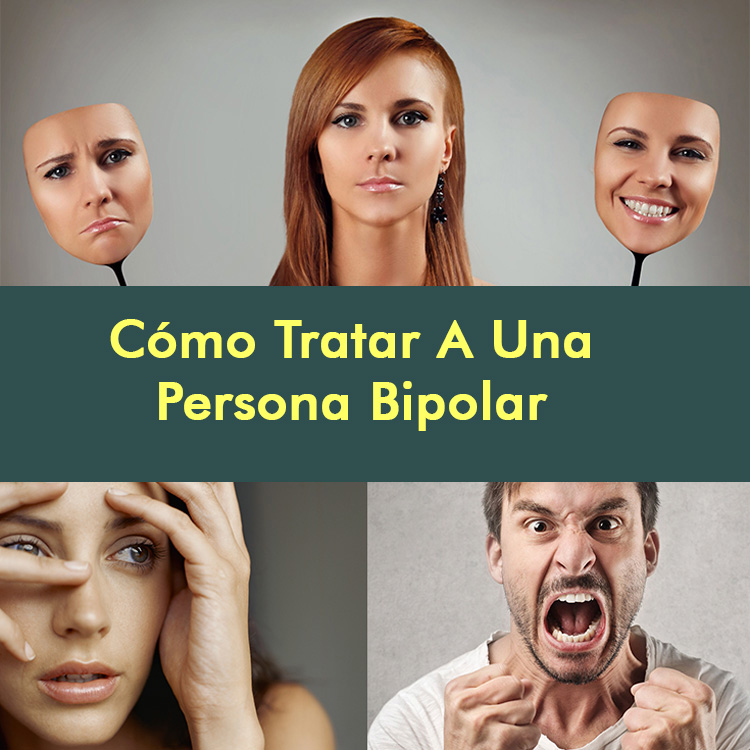 " For example, you might not want to get too sexual prematurely.
" For example, you might not want to get too sexual prematurely.
Greenberg also says that your anxiety could be heightened. Leah Yegneswaran, 24, of Fredericksburg, Virginia, who was diagnosed with bipolar disorder at the age of 20, agrees. “I worry that I’ll be triggered over the course of the date,” says the University of Mary Washington student.
So Yegneswaran creates a backup plan to accommodate the possibility of an anxiety attack. “I tell friends in the area of the date that I might need a safe space in case something happens and I need to crash somewhere,” she says.
Elspeth Rawlings, 23, a student in Frederick, Maryland, tends to only date people she already knows, which helps minimize anxiety. At age 17, Rawlings was misdiagnosed with major depressive disorder. She was formally diagnosed with bipolar I in early 2015 and is now thriving with the right therapy and medication regimen.
Low-key first dates — like watching movies together — are best for her, Rawlings says.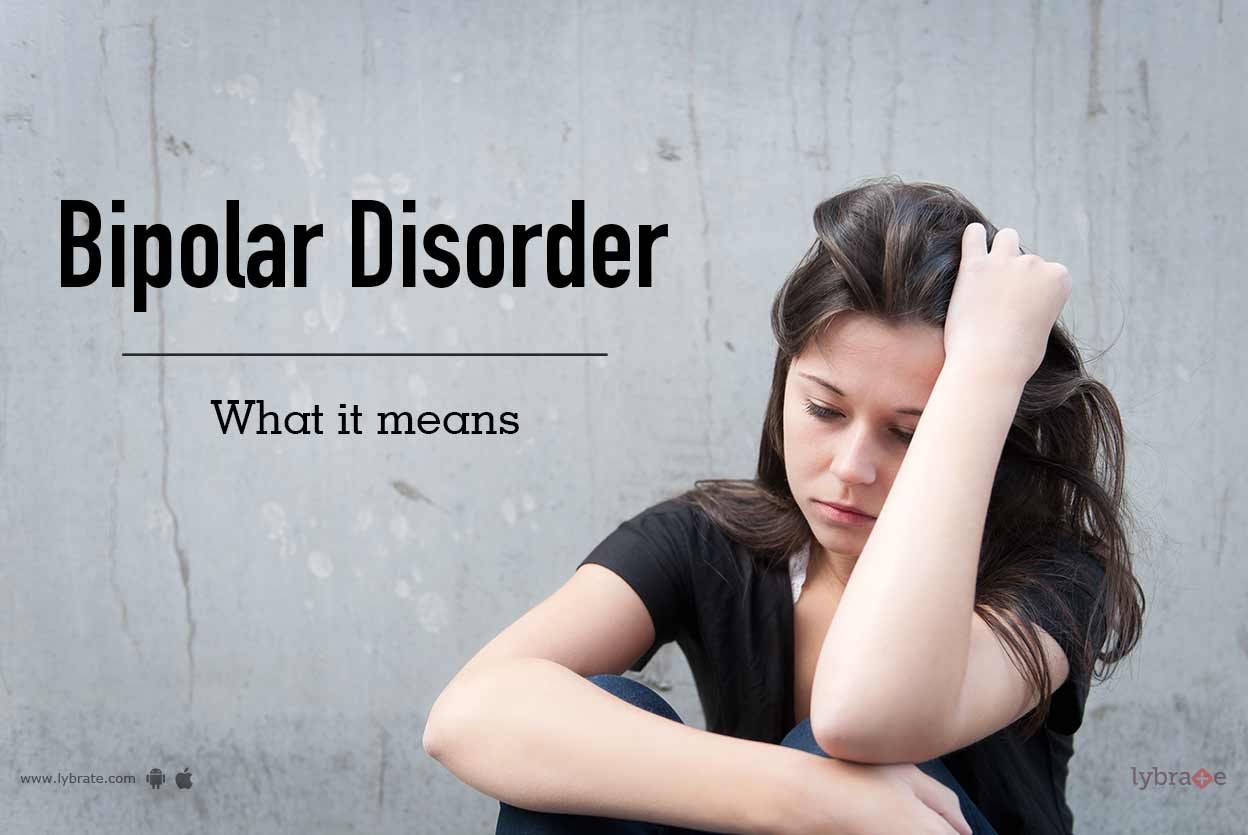 “I don’t really like not having a place to retreat to or get away from crowds if I start to feel bad,” she adds, echoing Yegneswaran.
“I don’t really like not having a place to retreat to or get away from crowds if I start to feel bad,” she adds, echoing Yegneswaran.
Ryan Zamo, 26, feels “highly nervous” about dating when he’s in a stable period. “I would be hoping that I don’t start swinging into mania, because then I just get erratic and start spending tons of money that I really shouldn’t be spending,” says the Los Angeles resident. Depressive periods make Zamo not want to go at all: “Nothing’s harder than trying to be interested in someone’s story when you’d rather just not be there.” Zamo, who is CEO of his own organic cosmetics company, says he showed signs of bipolar disorder when he was 18, but was only formally diagnosed at age 22.
Should You Disclose Your Bipolar Disorder?“Definitely do not tell the person on your first date,” Zamo says emphatically. According to Greenberg, not disclosing right away is okay if doing so would be uncomfortable. But, she adds, “If the relationship is getting more serious, you should reveal it.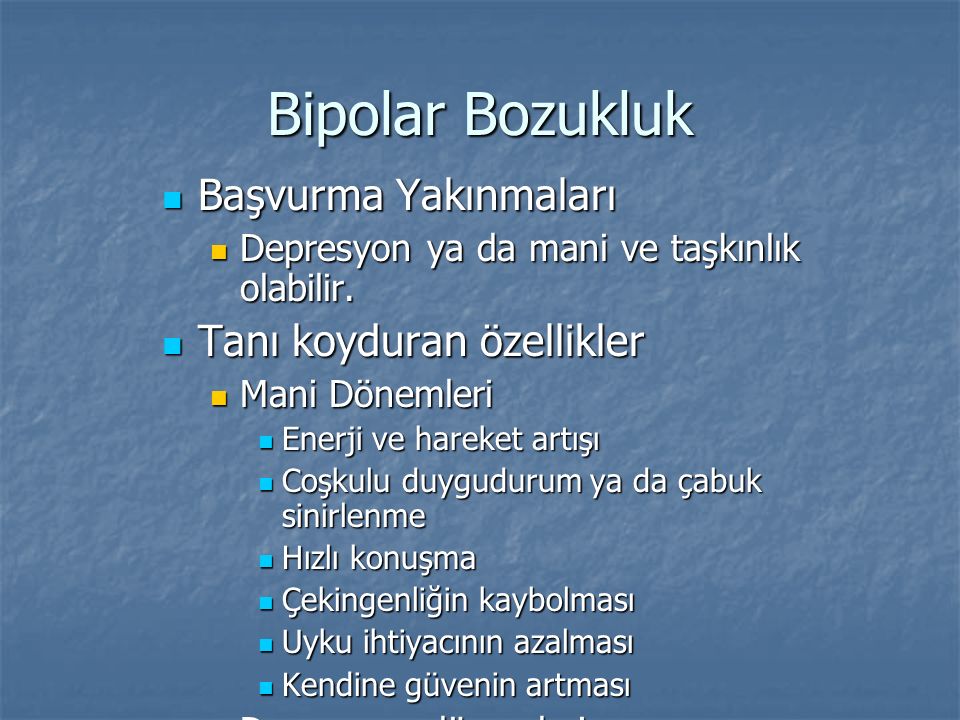 ”
”
“If you think you might behave in a way that is uncomfortable for the other person,” says Greenberg, that’s another reason to disclose.
Zamo has had that experience. When he discloses that he has bipolar disorder, it’s usually after he’s become “feisty and irritated during a low period.” Later, he’ll feel bad about it, and revealing his bipolar disorder is “the only way to explain being an ass to them,” he says.
Michelle Mallet, 32, of Seattle, describes herself as outspoken and open with friends and coworkers about her mental health. Mallet, who currently works as a chef, was diagnosed with the condition around age 18 or 19. Despite being outspoken about her condition, Mallet doesn’t reveal that she has bipolar disorder on a first date.
RELATED: Why Bipolar Disorder Is Often Misdiagnosed
“I want to know the people I tell this to first,” she says. Dattaro leans that way, too, in a mental balancing act of her own. “I try not to think about it as some scary secret that needs to be revealed,” she says.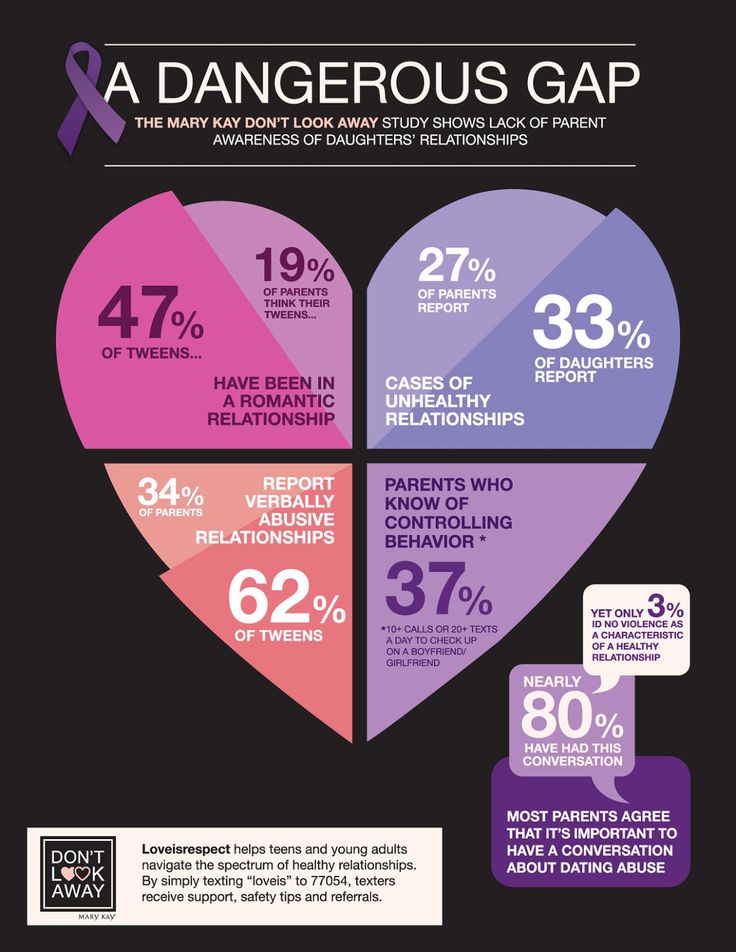 “It’s more an aspect of my life that’s just a little more personal than regular first-date fodder.”
“It’s more an aspect of my life that’s just a little more personal than regular first-date fodder.”
Rawlings takes a different approach because she has anxiety and panic disorder along with her bipolar. “I disclose as soon as possible just so I don’t scare someone, but also to protect myself from people who aren’t necessarily accepting when it comes to mental health issues,” she says.
The Risks (and Benefits) of Building a RelationshipWhen you have bipolar disorder, dating can make you feel like you’re not quite in control of your emotions, says Greenberg. You could feel like you’re becoming too angry or being ultra-sensitive, she adds. When it comes to relationship style, research has shown that adults with bipolar disorder display more insecure attachment styles when compared to people without the disorder. Zamo says he’s definitely scared people off, either because he cut off communication during a low spell, or because his manic behaviors were too much for someone else to handle.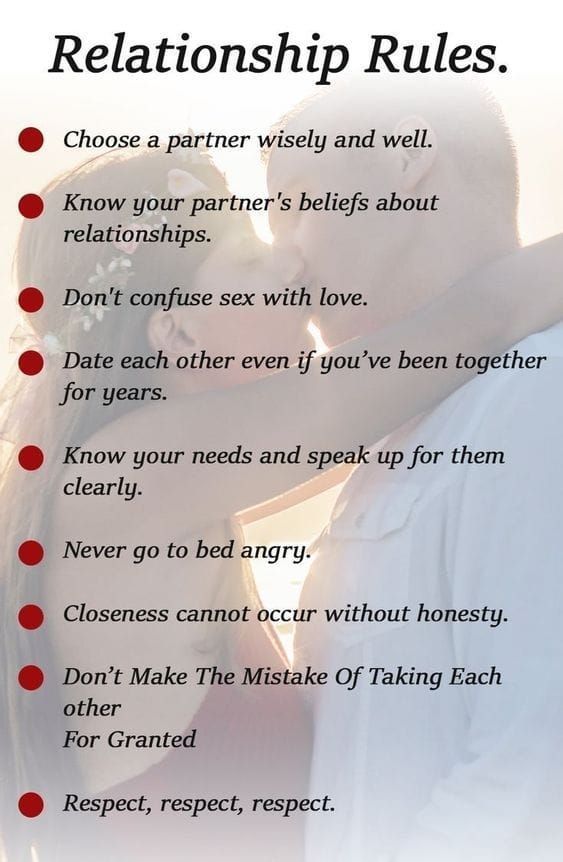
The mood state does matter, according to Mallett. She once reached out to someone she was dating while she was in a “depressive, anxious cycle,” requesting that they turn their relationship into something more serious. Mallett’s request was rejected. “That triggered an anxiety spiral, which triggered my depressive cycle to the max, and I spent the next day in a super-duper fog and then drove myself to the hospital and checked in for suicide watch,” she explains. “I was in a serious, depressive state for two months,” she says, and had to take medical leave.
But what about the pluses of dating? Dattaro sees some possibilities. “One positive aspect is that it can show you that people aren’t really all that judgmental about it. If they are [judgmental], find new people!” Dattaro thinks that opening up to someone and seeing that they remain calm about it can “really bring trust into your relationship.”
Rawlings has found that all of the people she’s dated have had a form a mental illness, and that a good portion of her friends do, too. In fact, there are dating sites that cater specifically to bipolar matchmaking, like BipolarDatingSite. The ability to make jokes and talk about that shared experience can be a coping mechanism, she believes. On the flip side, though, is that you could become a “project” of some well-intended person who wants to help fix you without understanding that it’s not something they can do.
In fact, there are dating sites that cater specifically to bipolar matchmaking, like BipolarDatingSite. The ability to make jokes and talk about that shared experience can be a coping mechanism, she believes. On the flip side, though, is that you could become a “project” of some well-intended person who wants to help fix you without understanding that it’s not something they can do.
Getting to know the person first makes a big difference. “Take things slowly,” Greenberg says. “Don’t let insecurity drive you, or feel less than [the other person] because you are bipolar.”
Be self-forgiving, too, says Yegneswaran. “Don’t berate yourself for not living up to what you think you ‘should’ be like,” she says. Rawlings agrees: “You should not let anyone tell you that you are broken or not good enough, even if it’s your own brain telling you that.”
“Don’t let being bipolar stop you!” says Mallett. She didn’t date for years because she was worried that she was too depressed or too manic to be attractive to someone without a mental illness.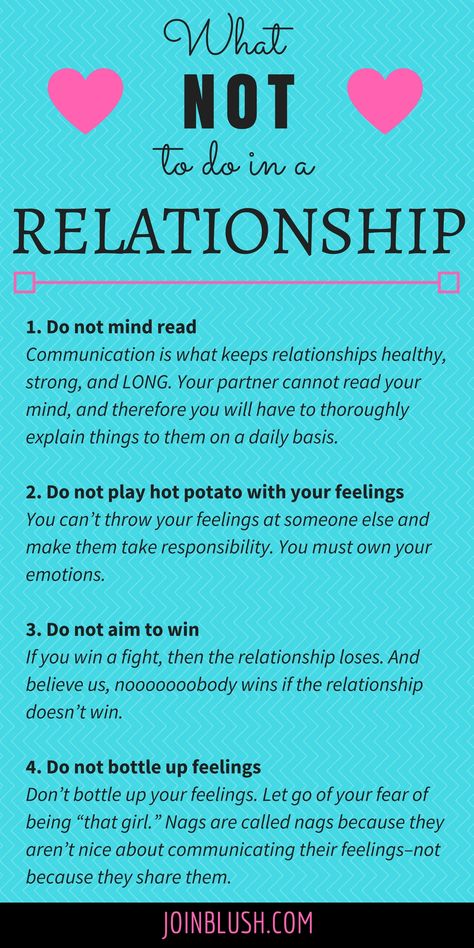 “But if someone likes and then loves you, they’ll love the whole you, and that includes your messed-up brain.”
“But if someone likes and then loves you, they’ll love the whole you, and that includes your messed-up brain.”
How to live with bipolar disorder - Archive
Manic-depressive syndrome is familiar to many from the TV series Homeland - the main character Carrie Matheson suffered from it. Vera Reiner, columnist for Buro 24/7, told Afisha how to live with such a diagnosis in Moscow.
Vera ReinerPhoto: from personal archiveWhen It's hard to say exactly what happened now. The first manic episode gave me to understand that something was wrong, happened about four years ago. It was summer when I was still at university. I then lived in a hostel, in a large room with three or four other girls. And it so happened that at some point everything neighbors went home and I was left alone in it. And just after a long break again began to draw. I painted all night, ran to smoke, went to bed at 10-11 am, woke up a few hours later, went to center to friends, drank wine with them, returned back - and again sat down for table, to his paints and magazine clippings. And a few days later in this rhythm, all this enthusiasm began to take on unhealthy forms. The energy that bubbled in me, resulted in a real psychosis. I was afraid to be in this empty room even in the light, it’s scary to close your eyes even for a second, any rustle scared to the point of unbelievable horror. Salvation was exits to the balcony, where we always went to smoke, but after that it was even more terrible to return to the room: I it seemed that the characters I had drawn could come to life at any moment - and that they, descended from paper sheets, can wait for me outside the door. They were looking at me when I was doing something in the room. It was already impossible to fall asleep, even if I wanted to sleep, and I just shook, sitting on the bed, and sobbed. I only thought about one thing: let it end, let it end ... Then, when it really over, I tried to tell my friends about it. But when he lets you go, everything that happened begins to seem no longer terrible, but stupid.
And a few days later in this rhythm, all this enthusiasm began to take on unhealthy forms. The energy that bubbled in me, resulted in a real psychosis. I was afraid to be in this empty room even in the light, it’s scary to close your eyes even for a second, any rustle scared to the point of unbelievable horror. Salvation was exits to the balcony, where we always went to smoke, but after that it was even more terrible to return to the room: I it seemed that the characters I had drawn could come to life at any moment - and that they, descended from paper sheets, can wait for me outside the door. They were looking at me when I was doing something in the room. It was already impossible to fall asleep, even if I wanted to sleep, and I just shook, sitting on the bed, and sobbed. I only thought about one thing: let it end, let it end ... Then, when it really over, I tried to tell my friends about it. But when he lets you go, everything that happened begins to seem no longer terrible, but stupid. And everything worth talking about it turns into some kind of joke, and you you acquire a reputation as a kind of crazy artist: well, you give, just cut your ears don't start, haha. nine0003
And everything worth talking about it turns into some kind of joke, and you you acquire a reputation as a kind of crazy artist: well, you give, just cut your ears don't start, haha. nine0003
BAD (bipolar affective disorder) is, in short, an alternation of manic and depressive stages. They can replace each other almost on schedule, regularly, or they can come and go, when they please. They can drag on for a long time, or they can appear on a few days and disappear. Manias, like depressions, can be mild are called hypomanias, and can be severe, even with delirium and hallucinations. And sometimes mania and depression generally develop at the same time, and such mixed states are the worst. Because you are in deep despair, and your the brain continues to work to its fullest, generating all new ideas alone worse than the other, and if in the usual depressive stage you, for example, simply there is no strength for a decisive step like suicide, which you constantly think about, then in mixed problems with a lack of strength may not arise.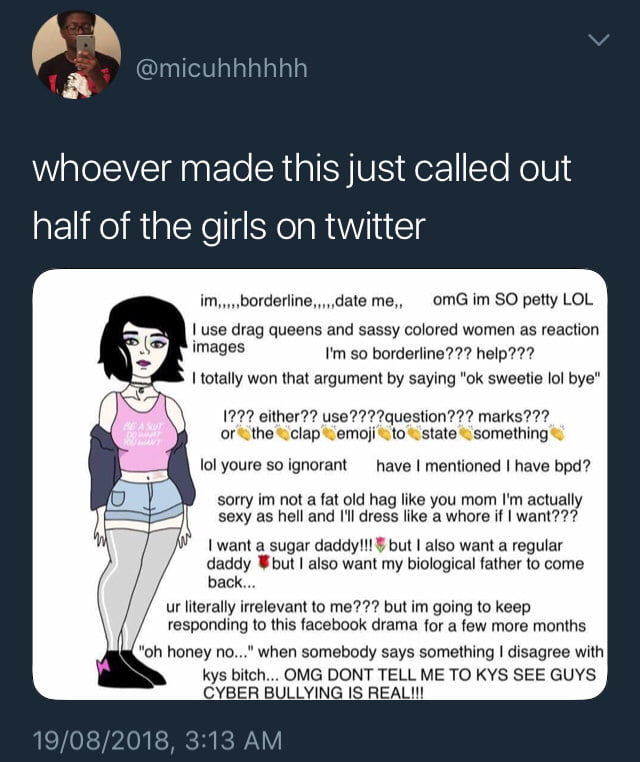 nine0003
nine0003
Manic stages always last less than depressive ones, although they (if they remain hypomanic) much nicer - and I always liked. Those ups and downs when it seems that you can do everything, do not seem scary at all - on the contrary, they please, and you you think that everything is finally in order, and you want them to come more often. You start sleeping for four hours a day, but you are still full of energy. Thoughts spinning in my head at breakneck speed, ideas appear one after another. At 4 am I, for example, wrote work letters in the spirit: “Hi, here is my list of super ideas, let me write these 15 articles!” All people seem beautiful, you want to communicate with everyone, write and call everyone, and you seriously become the most funny, witty, talented and a sociable person on earth - you yourself understand, in your own eyes. Feel yourself wonderwoman is cool. True, the longer you stay in this light and pleasant stage, the more likely it is that soon it will develop into the most real mania.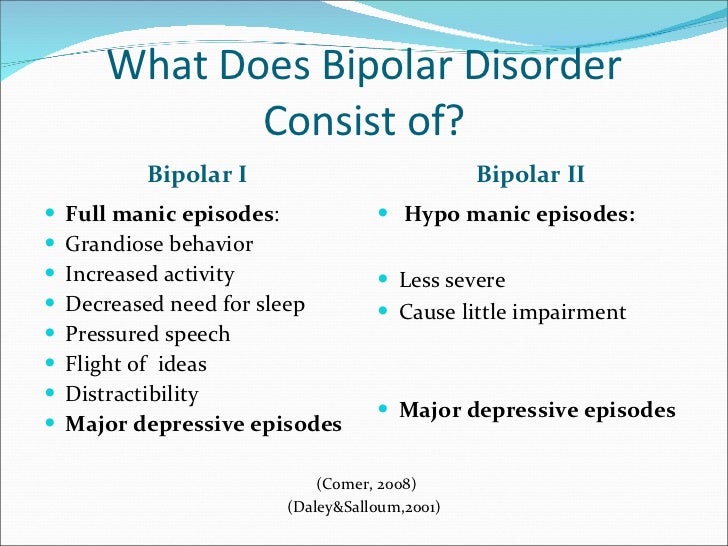 With dangerous adventures, fits of rage and more. well and after you in any case waiting for a cold shower. nine0003
With dangerous adventures, fits of rage and more. well and after you in any case waiting for a cold shower. nine0003
B periods of depression, it seemed to me that I was incapable of nothing. I AM, for example, I agreed that I would do some work by a certain date, because I was full of energy - but then everything ended, and instead of giving it up, I lay like a stone at home, not answering calls. Talk to those waiting I didn’t have the strength, and I was also ashamed that I just couldn’t force myself do something. They scold you, they expect something from you again, but you already feel himself the most insignificant person on earth, who is not able to keep even such small promises. At some point, you can't do anything at all. Only lying endlessly, staring at the ceiling, not even going to the toilet - at first you think that you are leaving a little later, you endure it, and then you don’t want to at all. I AM I could cry for any reason. Sometimes just attacked stupidity, which deprived of all emotions, except for despair and the feeling of what a failed person you are.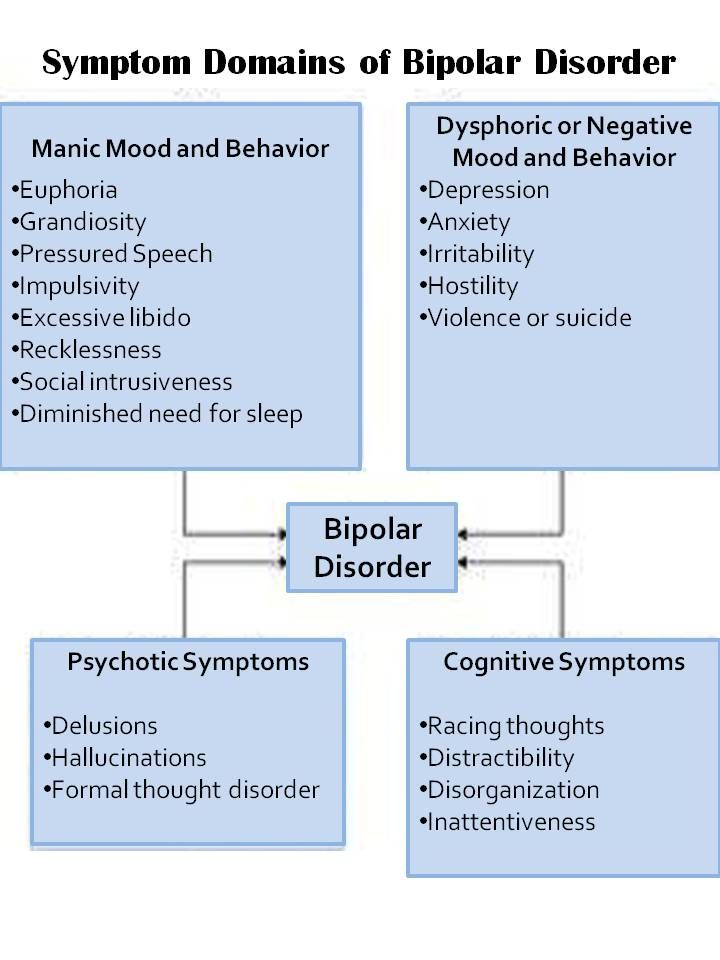 nine0011
nine0011
V such I could sleep for days at a time. I slept for two nights in a row: woke up, realized that nothing had changed, and fell asleep again. When you are in depression, it seems that you have no friends - and in general there is no one around who saved would you when saving yourself is no longer available. You start to think that those who are still since he communicates with you, they do it out of habit, but the rest have long since abandoned, fled to other, easier and more pleasant people (how things are on in fact, it doesn’t matter so much – you already live in your altered reality). And you you clearly understand that your seemingly friends are much better off without you, and you start withdraw from their society. Make it simple. One day they came to my neighbors to the party of our mutual friends. I, having heard the sounds, went out to look, and someone from them said, "Oh, we didn't know you were at home." And that's all, in my head at once only one thought: “Of course, I’m an invisible man,” and you just go back to yourself.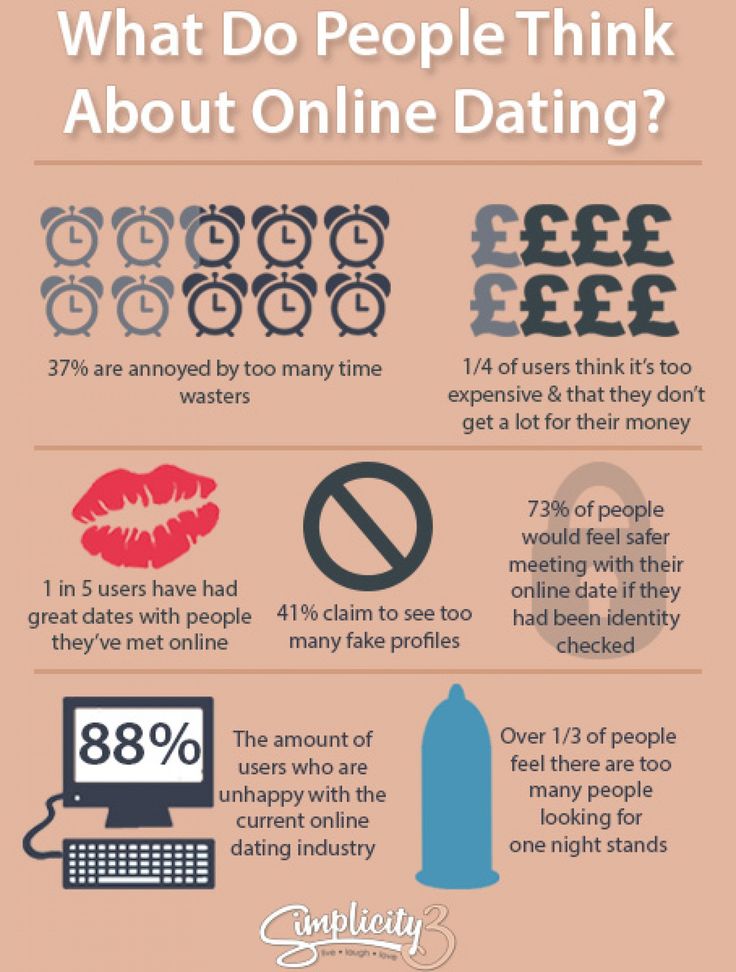 lie down listening to their laughter and hating yourself for not being able to have fun with them. it the feeling of one's own invisibility, insignificance was a constant companion each depressive stage. And, of course, total hopelessness, hopelessness. nine0003
lie down listening to their laughter and hating yourself for not being able to have fun with them. it the feeling of one's own invisibility, insignificance was a constant companion each depressive stage. And, of course, total hopelessness, hopelessness. nine0003
Was period when I drank at every opportunity: just to have fun, just to stop being yourself, that horrible, dull person. But here you drink, do some strange and creepy things - and in the end you only hate yourself even more. It lasted quite a long time, but then I myself put this end, because I realized that alcohol (by the way, a proven depressant) is not helps. I didn't need doping for self-hatred - I dealt with it and herself. The feeling of guilt, in fact, accompanied me for many years. Guilt for this variability of one's character, for "peevishness", as it was sometimes called surrounding, for constant ups and downs, for periods of madness. I am a million times I asked myself: well, what should you just stop being such and become normal ? But it didn't.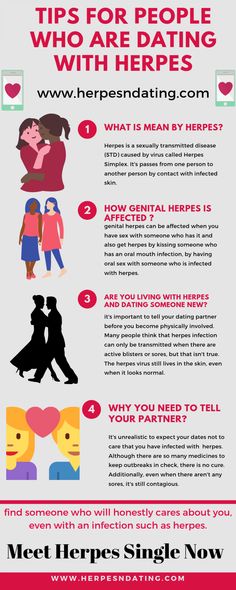
exist side by side with other people during depression is a real hell (in manias, you yourself you become a hell for others - for example, you turn into a persecutor). Live according to the work schedule and going to the office is also unbearably difficult, although up to a certain point you can force yourself, even if it takes a lot of strength. AND then the power just runs out. I remember there was a period when I started to sob, like I just left the office and went home and just hated my job. Although I was doing one of my favorite things, surrounded by nice people. And in At some point, when it became unbearable to live like this, I quit. I had to leave how a wonderful life began: I fluttered like a bird, and it seemed that I a great future awaits Russian Koons, life has become happy and free. But then the climb ended and the boring reality began. Friends were busy work, I spent money merrily, sometimes worked part-time - and gradually again rolled down. I could no longer blame the strict schedule or the constant busyness, which meant that it could only be me now. All the hate that's before this extended to some aspects of my work, with renewed vigor crashed down on me. I poisoned myself for the fact that, already being conditionally free, I still couldn't enjoy life. This, of course, returned depression. nine0003
All the hate that's before this extended to some aspects of my work, with renewed vigor crashed down on me. I poisoned myself for the fact that, already being conditionally free, I still couldn't enjoy life. This, of course, returned depression. nine0003
Well, in In August, my roof finally went crazy - that's exactly what I wrote in my notes on the iPad. Finally went. The first week was amazing. I wanted to fly a new important person appeared in my life, I drew again and finally finished writing all the texts that she promised to do during the past weeks - everything was wonderful. But the longer you are in this light state, the sooner you will break. And my wonderful mild mania gradually developed into a hysterical state. I could an hour to laugh at something unfunny, break down over every little thing, swear with people throwing things. One word was enough for beloved friends became vile traitors in my mind, who in no case should trust. The new important person, horrified by the new me, fled.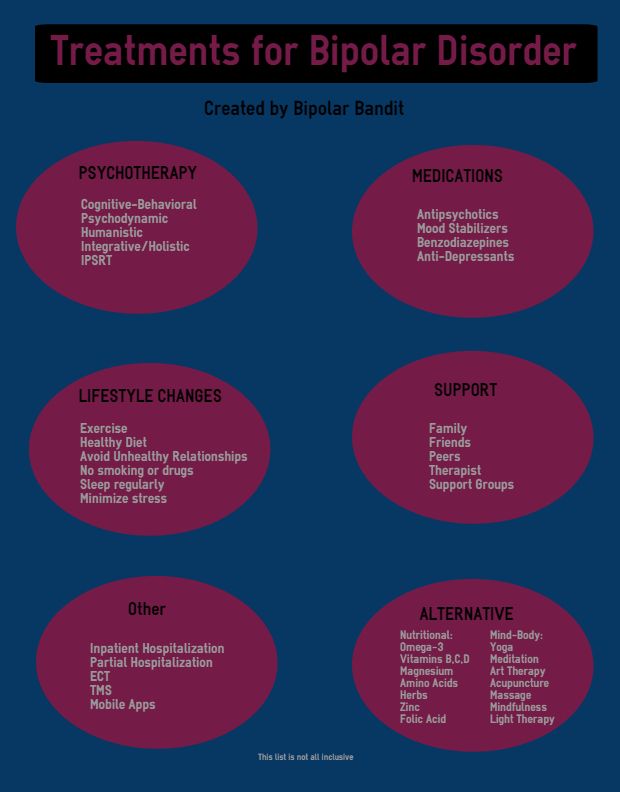 And then, in one evening, after the words accidentally spoken by one of my friends, everything flew off. And my states began to change at a deadly speed: from self-hatred to a feeling of my own superpowers, from hatred of people to holy love for everyone around, from an irresistible desire to destroy and break to the desire to make beautiful things ... And, of course, this uncontrollable and inexplicable fear returned again. Me literally torn from everything that was going on in my head. And by the end of the month I I was so exhausted that I realized: it seems that this is the point of no return. I more I can't cope. I don't control my life. I need help. nine0003
And then, in one evening, after the words accidentally spoken by one of my friends, everything flew off. And my states began to change at a deadly speed: from self-hatred to a feeling of my own superpowers, from hatred of people to holy love for everyone around, from an irresistible desire to destroy and break to the desire to make beautiful things ... And, of course, this uncontrollable and inexplicable fear returned again. Me literally torn from everything that was going on in my head. And by the end of the month I I was so exhausted that I realized: it seems that this is the point of no return. I more I can't cope. I don't control my life. I need help. nine0003
What good in both depressions and manias in bipolar disorder is that they always are running out. True, in two ways. Or the phase just fizzles out and leaves, leaving behind a variety of consequences in the form of destroyed relationships, a broken phone or a lost job, or you don't make it to the end. The latter is especially true for mixed phases and not uncommon at all.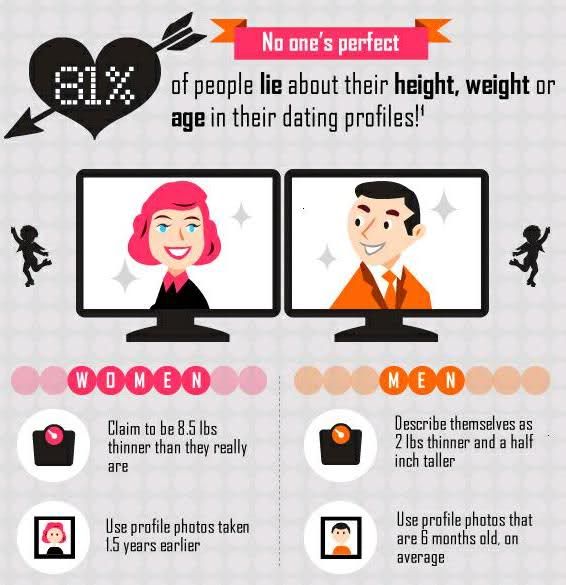 Therefore, the sooner you see a doctor, the better for everyone. will be better. Trying to cure yourself of manic-depressive psychosis or to get out of depression is the same as cutting out your own appendicitis. That there is absolute stupidity. Do not buy pills on the advice of friends. Not prescribe antidepressants for yourself - in patients with bipolar disorder, they can cause exacerbation of mania. nine0003
Therefore, the sooner you see a doctor, the better for everyone. will be better. Trying to cure yourself of manic-depressive psychosis or to get out of depression is the same as cutting out your own appendicitis. That there is absolute stupidity. Do not buy pills on the advice of friends. Not prescribe antidepressants for yourself - in patients with bipolar disorder, they can cause exacerbation of mania. nine0003
"Find psychiatrist Moscow "- the main hit of my google-queries in August. I often looked at the pages of doctors, but could not force myself to sign up - but after another attack, I still decided. I went to to a psychiatrist, because it was clear to me that just talking about my childhood, relations with people and self-esteem will no longer help me. Although the idea that you can pay someone to finally talk to you about your problems, I listened to you, and not just laughed it off, I liked you for a long time. But at this moment I I just wanted someone to put me on some pills and make it all stop.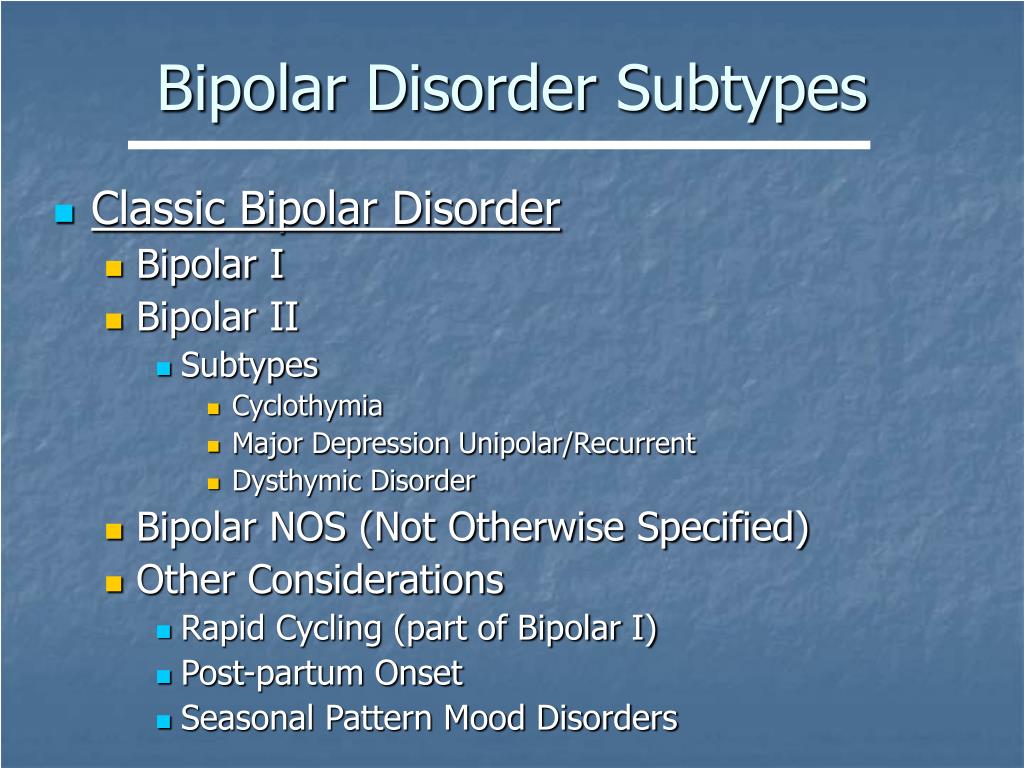 nine0003
nine0003
At the doctor's there was a box of paper handkerchiefs on the table. As soon as I entered the office, I immediately thought: “If only I didn’t have to use it.” It seemed to me that this will already be the final recognition of their misery and weakness. Handkerchiefs I never took advantage of it, although all these thoughts, as I now understand, were completely stupid. The psychiatrist, a friendly young woman, asked me questions: why did I get scared, how do these periods change, about what "roller coaster" I say. And then she asked me how I myself think what is wrong with me. I cautiously said that I was reading a text (an article by Alisa Tayozhnaya) about depression. And I saw the term "cyclothymia" there. I read an article about this on Wikipedia and there I saw the term "bipolar disorder". I remembered that this disease was the main character of the series "Motherland", but immediately said to myself that I have this it can not be. I didn’t watch Rodina, but I remotely remembered something: for example, that Carrie at some point decided to undergo electroshock treatment or something similar. And I couldn't bring myself to do something like that. But the doctor said that I do not have cyclothymia, but just bipolar disorder. I immediately said her: “No, it’s not. I don't have it." It was spinning in my head that she was wrong with diagnosis, and for some reason I still pay her money for it. I was shaken. But she she started telling me about the BAR, she said something about Pushkin and Boldin autumn, gave some more examples. I could no longer focus on what she He speaks. I did not want to recognize myself as a person bound for life by some disease. And I was not ready to admit that I, who had been considered all my life "eccentric" or "eccentric" has actually been mentally ill for the past few years. nine0003
And I couldn't bring myself to do something like that. But the doctor said that I do not have cyclothymia, but just bipolar disorder. I immediately said her: “No, it’s not. I don't have it." It was spinning in my head that she was wrong with diagnosis, and for some reason I still pay her money for it. I was shaken. But she she started telling me about the BAR, she said something about Pushkin and Boldin autumn, gave some more examples. I could no longer focus on what she He speaks. I did not want to recognize myself as a person bound for life by some disease. And I was not ready to admit that I, who had been considered all my life "eccentric" or "eccentric" has actually been mentally ill for the past few years. nine0003
But, with some side, at that moment I felt relief: for so many years I lived with it, hiding all the frightening symptoms in order not to give others the opportunity to guess that something is wrong with me, that I am “abnormal” ... I hated myself for so many years.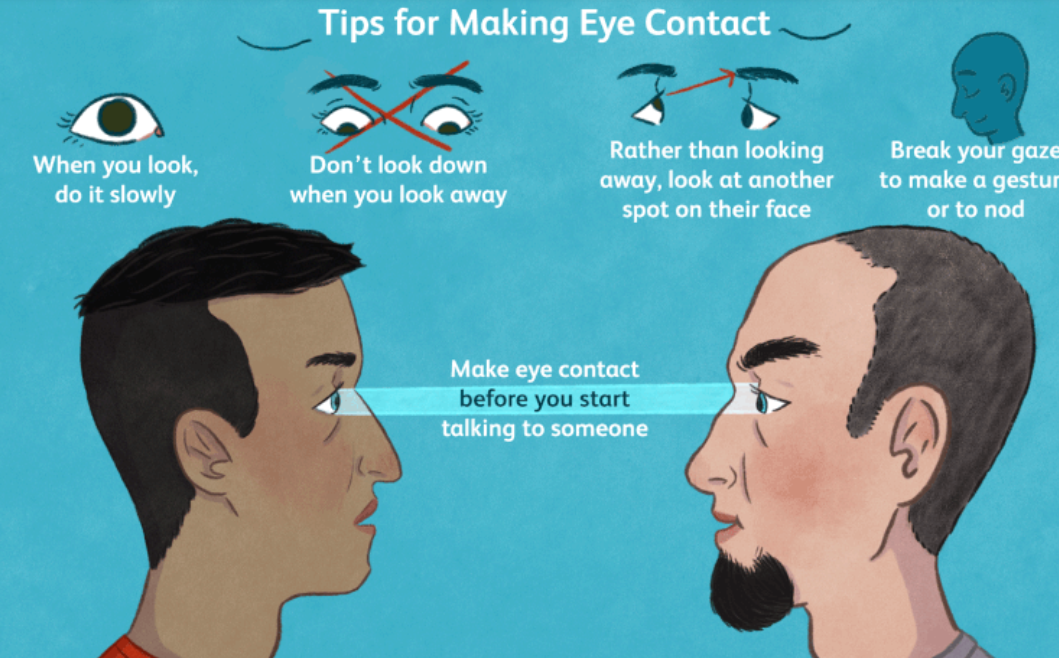 And I realized that more I can’t and don’t want to live like this anymore - now that I know that all this was not my fault. So I decided to write about my diagnosis on Facebook. And many - unexpectedly many - supported me. Although, of course, I listened to a bunch of "useful" advice in the spirit of "apply plantain." This is a typical attitude towards people in depression who can't get out of bed and are told, "Stop being selfish” or “Just leave the house more often” - such advice is not just not help, they are offensive. These words further alienate the person to whom bad, from other people, make him feel somehow freak: for everyone it's normal and simple, but you can't. You just can't. And in it's only you to blame, because other people succeed! nine0003
And I realized that more I can’t and don’t want to live like this anymore - now that I know that all this was not my fault. So I decided to write about my diagnosis on Facebook. And many - unexpectedly many - supported me. Although, of course, I listened to a bunch of "useful" advice in the spirit of "apply plantain." This is a typical attitude towards people in depression who can't get out of bed and are told, "Stop being selfish” or “Just leave the house more often” - such advice is not just not help, they are offensive. These words further alienate the person to whom bad, from other people, make him feel somehow freak: for everyone it's normal and simple, but you can't. You just can't. And in it's only you to blame, because other people succeed! nine0003
Why Do people around you give this kind of advice? Some of them are probably driven by fear. As long as you are sure that only weak people have problems, only those who do not can pull himself together, force himself to play sports and so on, you don’t fearfully.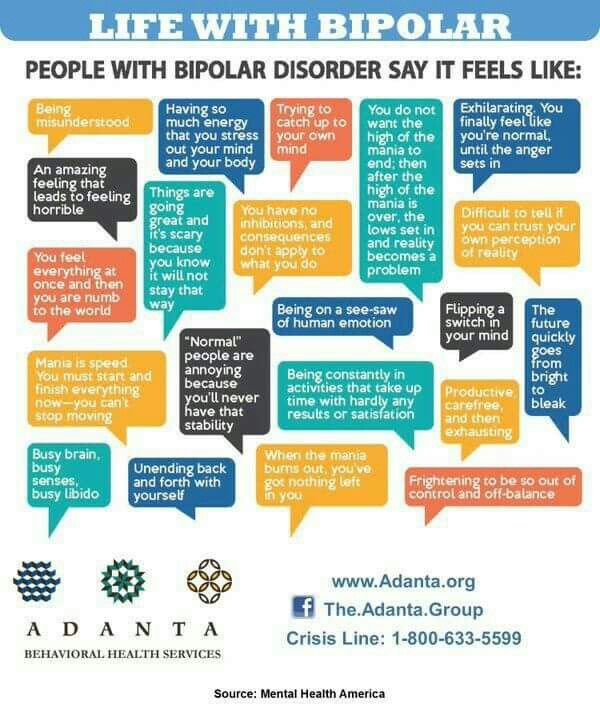 After all, you know that you can't have something like that. But if you confess imagine that this can happen to anyone - strong, weak, smart or stupid - then you will be afraid. Because it can happen to you too. Well, someone probably just cruel. nine0003
After all, you know that you can't have something like that. But if you confess imagine that this can happen to anyone - strong, weak, smart or stupid - then you will be afraid. Because it can happen to you too. Well, someone probably just cruel. nine0003
Some people left my life when I became an uncomfortable person. Not fun not easy. Nobody likes sad, "problem" people, I was convinced of this. One a friend said to me: “You are too heavy a person, it’s hard to be with you nearby". Then we, however, began to communicate again, but the sediment remained. I still I remember these words and feel like some kind of stone on the neck of those with whom I am trying start communication. I am heavy and pull them along with me - into my sad life and into my madness. If you can't live with yourself, how can you live with others people? I do not know yet. I'm trying to. nine0003
Write that post was scary. It was scary to agree to this conversation. You see It's like going to an interview for a new job and saying: "Hi, I'm Vera and I have a manic-depressive illness.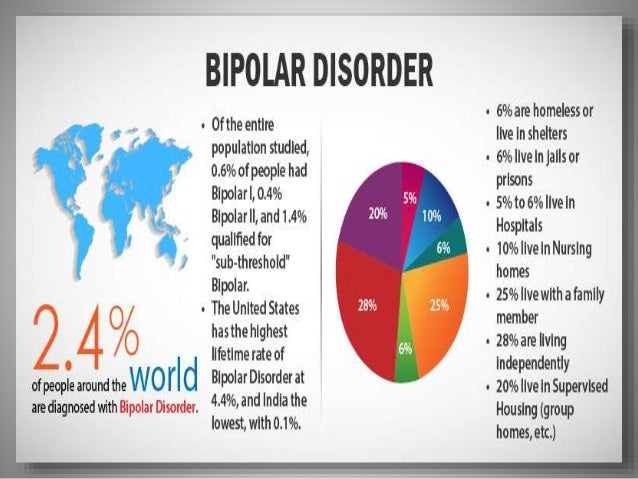 " Or repeat it meeting the young man's parents. Well, or start a date with these words. After all, people don’t know anything about bipolar disorder, and “manic-depressive psychosis” doesn’t even sounds like hell. But for me the main thing is that no one has yet told me: “You are not yourself, and it’s better for us not to communicate with you, ”I was afraid of such a reaction. I was afraid that people would see some kind of monster in me - and that he can really wake up if I don't get treated. And to be treated now you need it all the time. And yet you can’t drink: everyone goes to Arma, and I even drink it is forbidden! It's a shame. Still need to try to live according to the schedule. In other words, no fun. nine0003
" Or repeat it meeting the young man's parents. Well, or start a date with these words. After all, people don’t know anything about bipolar disorder, and “manic-depressive psychosis” doesn’t even sounds like hell. But for me the main thing is that no one has yet told me: “You are not yourself, and it’s better for us not to communicate with you, ”I was afraid of such a reaction. I was afraid that people would see some kind of monster in me - and that he can really wake up if I don't get treated. And to be treated now you need it all the time. And yet you can’t drink: everyone goes to Arma, and I even drink it is forbidden! It's a shame. Still need to try to live according to the schedule. In other words, no fun. nine0003
I am now I drink "Finlepsin", from which the first days I constantly wanted to sleep. You are eating, you write a text, wake up, wash your hair - and all this time you just want to close eyes and sleep. In the early days, I simply could not think - my head was like like stuffed with cotton.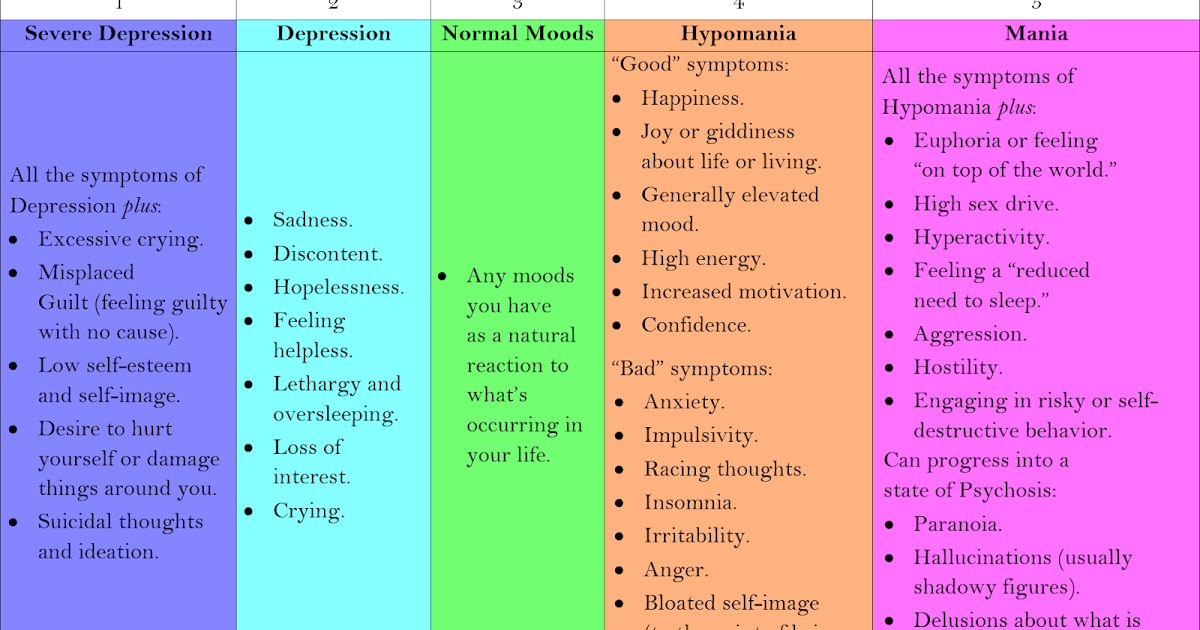 It was hard to remember what happened yesterday. Things fell down out of hand. You take a cigarette - it is already on the ground. A friend asks to hold a bag - bag falls to the floor. But now everything seems to be back to normal. And soon I have a new one meeting with the doctor - maybe she will change the treatment and prescribe new pills. nine0003
It was hard to remember what happened yesterday. Things fell down out of hand. You take a cigarette - it is already on the ground. A friend asks to hold a bag - bag falls to the floor. But now everything seems to be back to normal. And soon I have a new one meeting with the doctor - maybe she will change the treatment and prescribe new pills. nine0003
I returned to her previous job - colleagues reacted normally to my post in Facebook, someone even wrote me letters of support. Someone really now constantly asks me how I feel, as if he is afraid that I have Foam will come out of your mouth. I see my future very differently. At first everything was very sad - I saw myself as a person who would spend his whole life on pills. The next day I already it didn't seem to be scary. When everything returns to normal, everything stops altogether. seem scary. But when you're depressed or manic, you just can't think adequately - you live in an altered reality, and no other for you are not at this moment.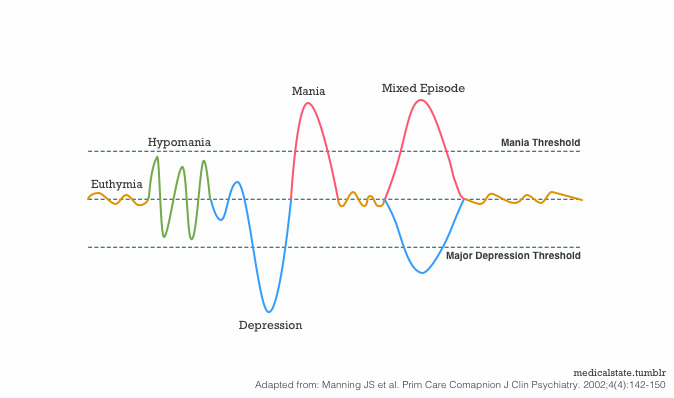 So please don't tell me that this is all nonsense, that I need to relax and forget about it: I am absolutely relaxed. until the next attack. But if they come back, then relax, sorry, don't I can. nine0003
So please don't tell me that this is all nonsense, that I need to relax and forget about it: I am absolutely relaxed. until the next attack. But if they come back, then relax, sorry, don't I can. nine0003
If your a friend constantly jokes about suicide, no need to push him in the side and say “well You're a joker". Even if he says something like: “I am so weak-willed that with I can't end myself; sometimes I leave the house and think - maybe at least I hit by a bus today? (this was my favorite joke; funny, right?) - this is already one of the signals.
If your a friend does not leave the house for a week, there is no need to discuss with other friends what he is became unsociable - it is worth trying to find out what's the matter. nine0003
If a person stops behaving as usual if he has strange seizures fun, if he starts drinking a lot - this is also a reason to think why with him this happens.
If a friend is trying to talk to you about something serious, which, as you can see, he difficult to start a conversation - do not laugh it off. Don't wrap up this conversation. And already definitely never say: “Come on, you take everything too seriously” - because it's okay to take your life seriously.
Don't wrap up this conversation. And already definitely never say: “Come on, you take everything too seriously” - because it's okay to take your life seriously.
If a friend quits his job and invites you to go with him to Amway, this can be a mania. Such here are stupid, completely thoughtless and irrational undertakings - this is in her spirit.
If you you clearly see that something is wrong with your friend, and he, to the question “How affairs?" replies "Yes, it's okay", this does not mean that he really has everything fine. Just try to talk to him. Maybe he's just desperate to find a man who would be willing to listen to him.
Not required afraid to go to the doctor. This is not a sign of weakness. nine0003
Bipolar disorder in secular society and beyond
The doctor prescribed mood stabilizers, which even out the condition. The prospect of finding balance terrified me. I wanted to return the euphoria - it's part of my personality Superpower, like Kanye West! I could not sleep (a sure sign of bipolar disorder) and considered myself the king of the world.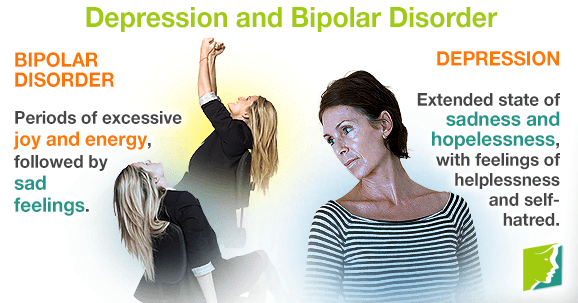 People achieve this state with the help of drugs, money, surfing, and nature simply rewarded me with all this. Why should I refuse? nine0003
People achieve this state with the help of drugs, money, surfing, and nature simply rewarded me with all this. Why should I refuse? nine0003
Here's why. During the phase of mania, a person commits rash acts, spends money, conceives unrealistic projects, and shows carelessness in his personal life. Those around him are afraid. And they do it right - he ceases to be critical of his actions, loses a sense of distance with the leadership, he has many unpredictable plans. No sooner said than done. In a manic state there are no pauses, ideas are realized without reflection. The results are terrible. The supply of happiness hormones spills out very quickly, and after the manic energy there is a serotonin pit - anhedonia, and then depression. nine0003
In a state of euphoria, few people go to the doctor - they complain about depression. Therefore, during the first date, he may not guess the BAR, especially if you are not very honest in answering boring questionnaire questions.
Anton Krasovsky called the release of his YouTube show “Mom, we are all crazy. Bipolar or depression - which is better? There, the former mayor of Arkhangelsk, and now the owner of the erotic museum on Novy Arbat Alexander Donskoy talks about his struggle with the BAR. He became mayor in a phase of mania. Then he decided to run for president. Depression covered him in the Maldives, where he took lessons from the artist and every evening he painted words on canvas from those that are usually written on the fence. “Many politicians are bipolar,” Donskoy said. “There is no other way to explain their actions.” nine0003
Bipolar or depression - which is better? There, the former mayor of Arkhangelsk, and now the owner of the erotic museum on Novy Arbat Alexander Donskoy talks about his struggle with the BAR. He became mayor in a phase of mania. Then he decided to run for president. Depression covered him in the Maldives, where he took lessons from the artist and every evening he painted words on canvas from those that are usually written on the fence. “Many politicians are bipolar,” Donskoy said. “There is no other way to explain their actions.” nine0003
He made a subtle remark about politics. Kim Kardashian told Vogue that she learned to recognize Kanye's signs of approaching mania and protect him from unrest. Especially when he begins to emotionally express political views. Kim was extremely unhappy with her husband's visit to the White House and his loud statements about how wonderful Trump is. When Kanye put on a red cap in support of the incumbent, Kim thought about divorce.
My psychiatrist, when we became friends, admitted that he was very pleased with the current attention to mental health. Twenty years ago, there were not enough schizophrenics for all psychiatrists, and no one else wanted to be treated. The doctors of his specialty shied away - psychiatry in our country has a bad reputation. And now instead of "madhouse" they say "rehab". And they go to the doctor themselves - in droves, an appointment for two months in advance. In Moscow, you can take the first person you meet and treat him, he is guaranteed to be unwell. nine0003
Twenty years ago, there were not enough schizophrenics for all psychiatrists, and no one else wanted to be treated. The doctors of his specialty shied away - psychiatry in our country has a bad reputation. And now instead of "madhouse" they say "rehab". And they go to the doctor themselves - in droves, an appointment for two months in advance. In Moscow, you can take the first person you meet and treat him, he is guaranteed to be unwell. nine0003
There is no exact test to distinguish a creative high from a manic state. And then there is the fashionable word "hypomania" - a state that precedes manic. And if you find a way to fixate in it, you can move mountains - without breaking your neck. The Oxford Center for Cognitive Therapy advises, when it rolls up, to count the blue objects in the room. Or make a report from the scene, describing in detail every moment. Or sit down to write a diary, remembering every event and thought of the day. nine0003
Dud seriously developed the topic of depression and bipolar disorder.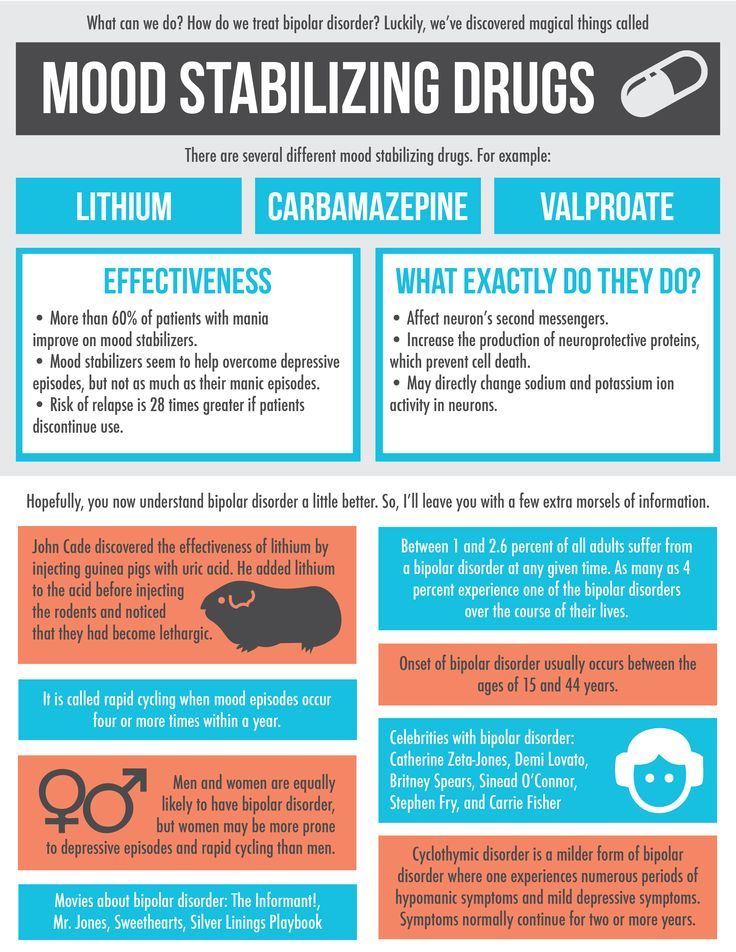 He called on the air of the former boyfriend of Lesya Kafelnikova, rapper Pharaoh. Who, as always, has his own version of reality: “Depression does not exist. And when I realized that it does not exist, a lot of questions disappeared. This is self-hypnosis ... You start to flirt and forget that this is a role.
He called on the air of the former boyfriend of Lesya Kafelnikova, rapper Pharaoh. Who, as always, has his own version of reality: “Depression does not exist. And when I realized that it does not exist, a lot of questions disappeared. This is self-hypnosis ... You start to flirt and forget that this is a role.
Illustrator: Varvara Alai
He is also right. Diagnosis in psychiatry basically consists of asking you to describe your condition. If you invented BAD for yourself, because it is a fashionable disease and will add popularity to you in the wake of the current agenda, then your BAD becomes real. You do believe in him. “If you buy a ticket to hell, then it’s not fair to blame hell,” says Elon Musk. nine0003
I am willing to accept that a small BAR is normal. I will learn not to rock the swing too hard. In the same Antibes, a demonstrative incident happened to me - apparently, so that I could feel the difference between mental pain and physical pain. I got oyster poisoning.